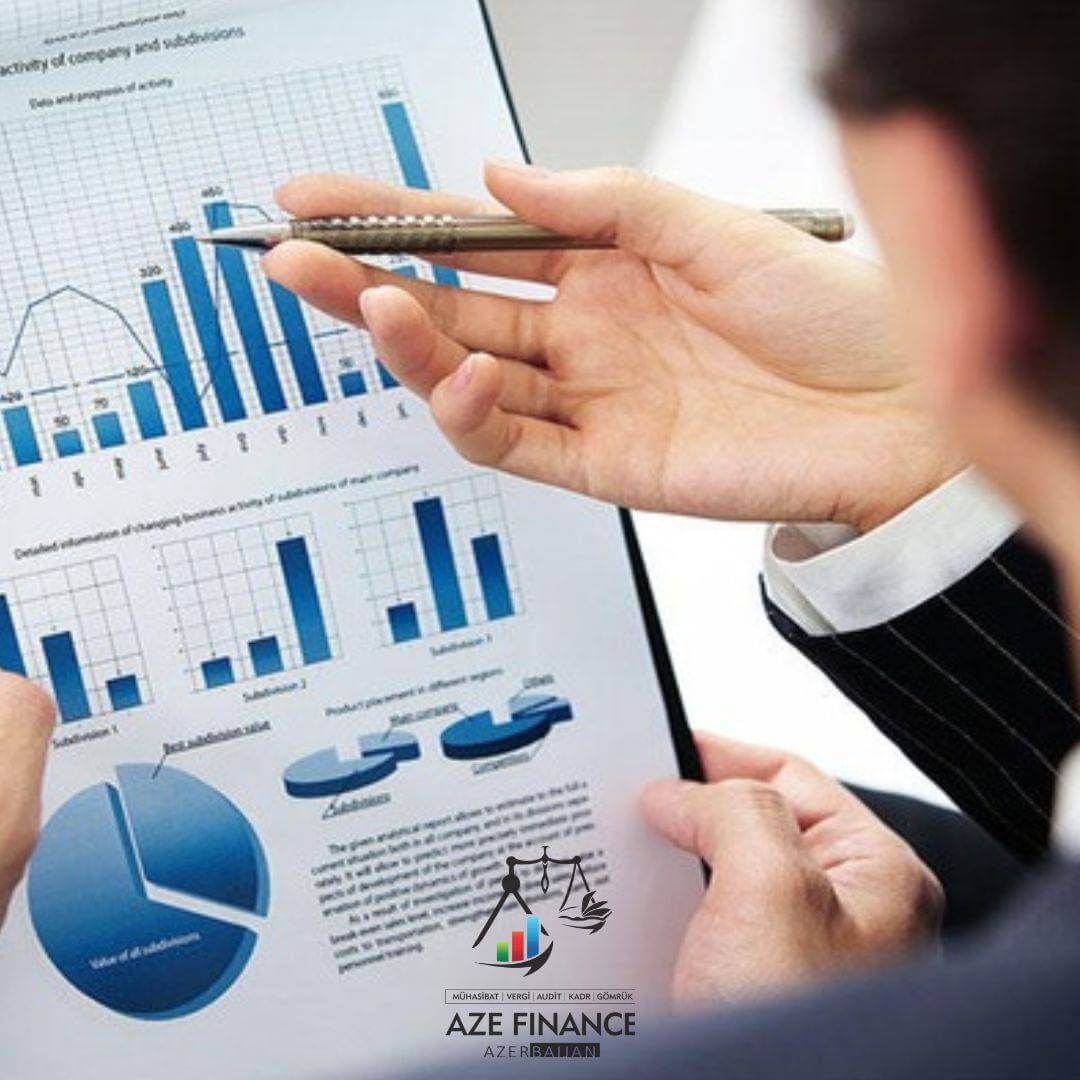The tax burden on entrepreneurs has been optimized
The tax burden on entrepreneurs has been optimized

One of the significant changes aimed at promoting entrepreneurial activity and reducing the tax burden on business entities is the expansion of the scope of goods that are acquired based on a purchase act from individuals not registered with the tax authorities and fully deducted from income.
According to the Tax Code, the upper limit for expenses deducted from income when goods are purchased from individuals not registered with the tax authorities is set at 2 percent. Any amount exceeding this limit is not deducted from income. The Code specifies exceptions, and this requirement does not apply to goods listed in the “Non-Cash Payments Law,” as well as to real estate, motor vehicles, and tangible fixed assets.
In practice, individuals engaged in the sale of precious stones and metals, as well as products made from them, acquire a significant portion of these goods based on a purchase act from individuals not registered with the tax authorities. The 2% limit prevents the cost of the goods they provide from being deducted as expenses.
According to the latest changes in the Tax Code, in order to optimize the tax burden of entrepreneurs engaged in the sale of precious stones and metals, including products made from them, the value of goods acquired based on a purchase act from individuals not registered with the tax authorities is fully deducted from income.

One of the significant changes aimed at promoting entrepreneurial activity and reducing the tax burden on business entities is the expansion of the scope of goods that are acquired based on a purchase act from individuals not registered with the tax authorities and fully deducted from income.
According to the Tax Code, the upper limit for expenses deducted from income when goods are purchased from individuals not registered with the tax authorities is set at 2 percent. Any amount exceeding this limit is not deducted from income. The Code specifies exceptions, and this requirement does not apply to goods listed in the “Non-Cash Payments Law,” as well as to real estate, motor vehicles, and tangible fixed assets.
In practice, individuals engaged in the sale of precious stones and metals, as well as products made from them, acquire a significant portion of these goods based on a purchase act from individuals not registered with the tax authorities. The 2% limit prevents the cost of the goods they provide from being deducted as expenses.
According to the latest changes in the Tax Code, in order to optimize the tax burden of entrepreneurs engaged in the sale of precious stones and metals, including products made from them, the value of goods acquired based on a purchase act from individuals not registered with the tax authorities is fully deducted from income.


